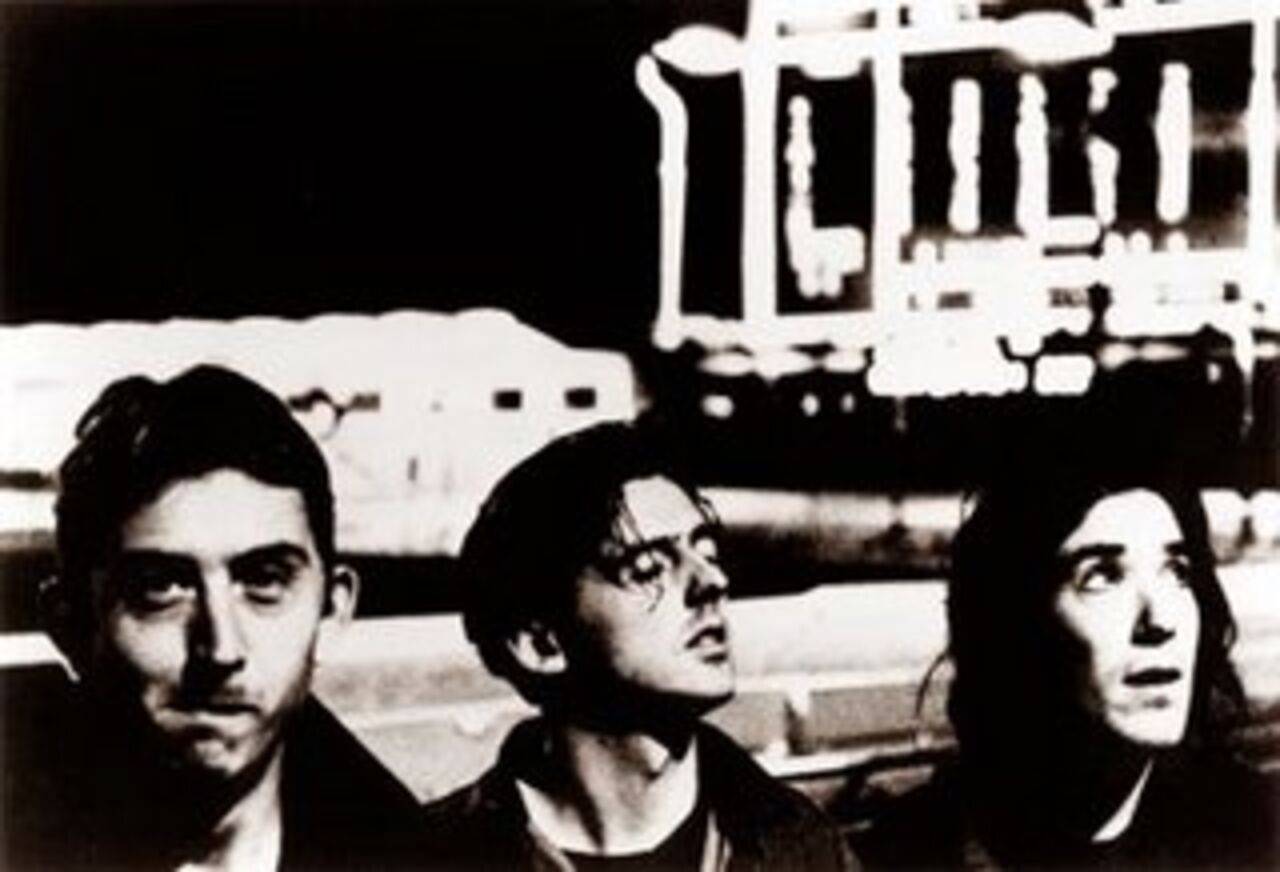
Talk Talk
Biography
English Quartet (three members + one unofficial member) worldwide known for its two tracks that marked 1984, Talk Talk has actually had a staggering time of activity from 1981 to 1991 with five studio albums and one posthumous live. Initially affiliated with the New Wave wave, Talk Talk will continue to evolve throughout his career. Driven by Mark David Hollis, a genius frontman, the Londoners will begin in 1982 with The Party The single Talk talk will also allow them to be noticed. From the second album Hollis lets perceive its classy Pop side and its pronounced taste for the arrangements searched. In spite of its apparent ease, No Doubt has taken over this point. This album will also see the band exhibiting the beginnings of a new turn on some titles much darker but which will however also meet a real success (like Such a shame , second planetary tube). The period 1984-86 will be that of all successes for the group. The Colour Of Spring, which was released in 1986, even became their biggest success despite a total distance from the New Wave roots that made them known.
It will paradoxically be the beginning of the commercially speaking end for the Hollis band. EMI, their record company, unable to get in line with the band's aspirations invests massively to allow them to quickly record a new album hoping to enjoy the success of the moment. All that she will have in return will be Spirit Of Eden , a complex and misunderstood work released in 1988, openly looking for an experimental, ambient rock and a jazzy tantinet made of complex structures and arrangements completely unsuitable for live exercise. Talk Talk has never given a concert after 1986.
As a commercially indefensible album, the album will be the subject of disputes between the band and EMI from the composition stage until its release (EMI deciding, however, to keep Londoners in its catalogue). The band will finally be fired from the record company, victim of its stubbornness and having been too much ahead of its time. This will not prevent EMI from bailing out with the release of a best of in 1990, when during this time Talk Talk Talk was going to deliver a final album (Laughing Stock) pushing to the end the experiments initiated by Hollis and Tim Friese-Greene (the famous "unofficial" member) on Spirit Of Eden. Talk Talk has never really recovered from his mishap with EMI and will eventually cease to exist as a group. In 1991 Talk Talk is no longer. Mark Hollis will come back solo in 1998 with an album especially hailed by critics. Paul Webb (low) and Lee Harris (battery) will form .O.rang , Tim Friese-Greene will compose under the pseudonym Heligoland . Moreover, the band's discography is still the subject of numerous compilations and best of repeated reissues.
Talk Talk: one of the most underestimated groups of his generation and often unjustly reduced to his glorious Pop/New Wave period. In retrospect, their careers will leave much to the impression of an immense waste. Especially when it is now known that they probably share with Savage Republic the privilege of the early Post Rock's first thrills.
Discography
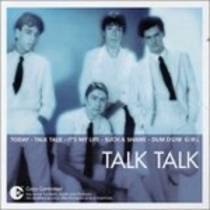
Essential Talk Talk
2003
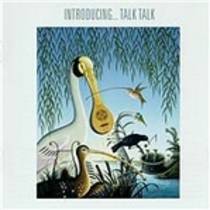
Introducing... Talk Talk
2003
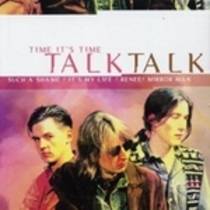
Time It's Time
2003
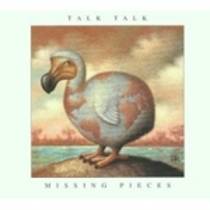
Missing Pieces
2001
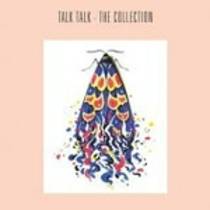
The Collection
2000
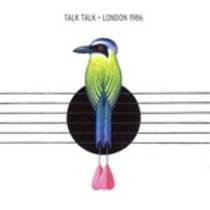
London 1986
1999
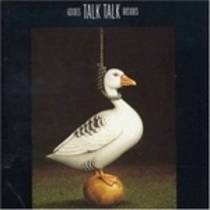
Asides Besides
1998
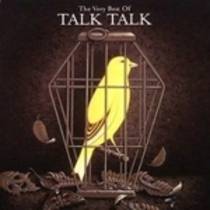
The Very Best Of Talk Talk
1997
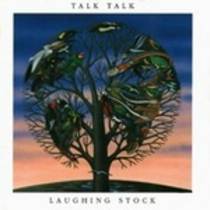
Laughing Stock
1991
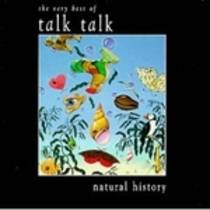
A Natural History - The Very Best Of Talk Talk
1990
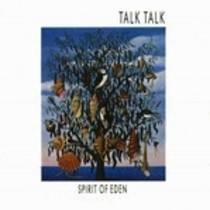
Spirit Of Eden
1988
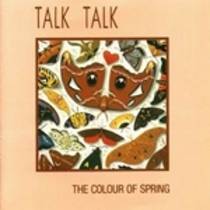
The Colour Of Spring
1986
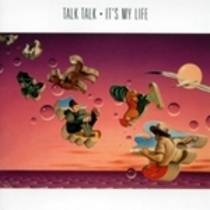
It's My Life
1984
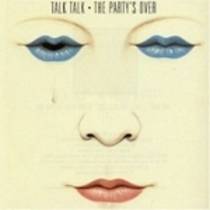
The Party's Over
1982

